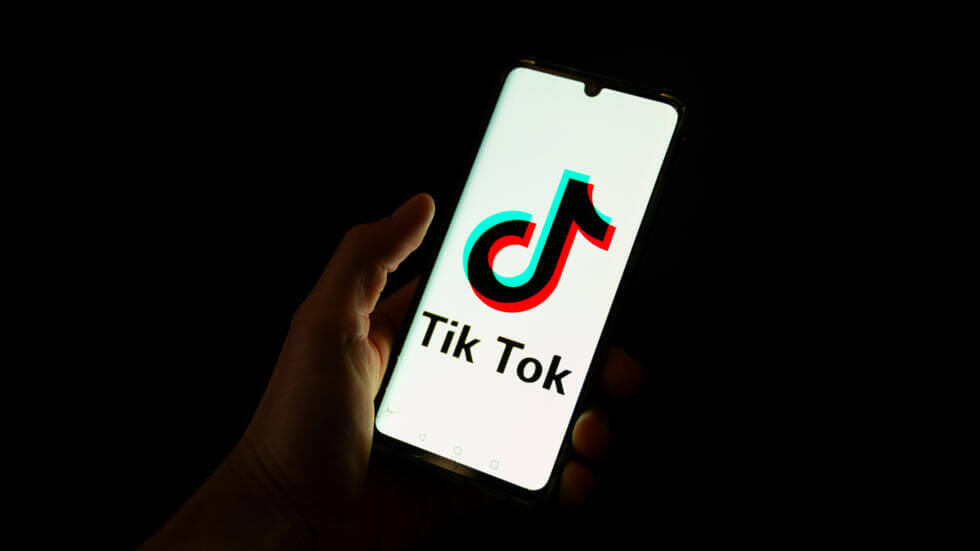|
LISTEN TO THIS THE AFRICANA VOICE ARTICLE NOW
Getting your Trinity Audio player ready...
|
This week, the US Senate passed a bill with overwhelming support, mandating the sale of TikTok by its Chinese parent company, ByteDance, within nine months. The legislation, which passed with a 79-18 vote, is part of a broader $95 billion emergency aid package for Ukraine, Israel, and Taiwan, and aims to address concerns that the app could pose a national security risk.
TikTok, which has vehemently denied any possibility of the Chinese government accessing user data, has labeled the bill unconstitutional. Since its 2017 launch in the US after ByteDance acquired the app Musical.ly, TikTok has rapidly grown to become one of the nation’s most popular social media platforms, boasting over 150 million monthly users in the US alone, a majority of whom are between the ages of 18-34.
US intelligence agencies and lawmakers have raised alarms about the potential for TikTok to share sensitive user data with the Chinese Communist Party (CCP), allegations the company has consistently denied. Critics also worry about the platform being used by China to disseminate misinformation that could disrupt the democratic process.
Senator Marco Rubio, a leading Republican on the US Senate Select Committee on Intelligence, criticized past policies regarding the app, stating, “For years, we’ve allowed the Chinese Communist Party to control one of the most popular apps in America. That was dangerously shortsighted.” He applauded the new legislation as a positive step for American security.
The bill follows a 2022 move by Congress to ban TikTok on all federally issued devices and networks, with several other countries imposing similar restrictions. Notably, India banned TikTok in 2020 amidst rising geopolitical tensions.
Despite accusations of promoting pro-Palestine content—a claim TikTok denies—the platform remains highly influential among American youths. In efforts to address security concerns, TikTok has invested $1.5 billion in a project with Oracle to manage data storage in the US, aiming to separate its American operations from its Chinese parent company.
China’s Foreign Ministry has criticized the US allegations as unfounded, arguing that the ban undermines fair competition in the tech industry. The ministry’s comments come amid broader tensions between Washington and Beijing over technology and internet governance.
If ByteDance fails to divest, TikTok could lose access to essential services like app stores and web hosting. The app will remain active in the US during the nine-month period, with a potential for a 90-day extension if deemed necessary by the US President.
TikTok has announced plans to challenge the bill in court, asserting that the law violates First Amendment rights. This follows a recent decision by a Montana judge who blocked a state TikTok ban on similar grounds. The American Civil Liberties Union has also expressed concerns, warning that the ban could lead to global overreach by governments into social media.
Meanwhile, former President Donald Trump, who had previously attempted to ban TikTok, recently shifted his stance while campaigning, blaming President Joe Biden for the ongoing efforts against the app.











LEAVE A COMMENT
You must be logged in to post a comment.